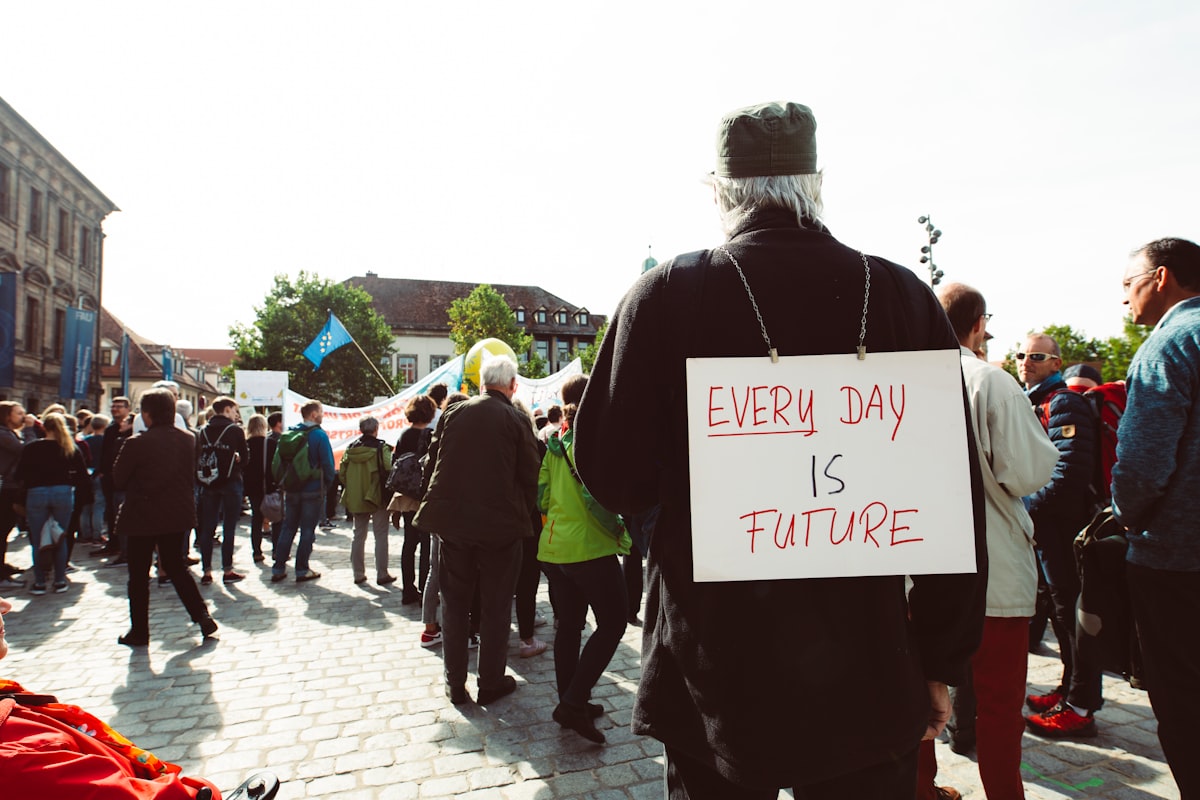Communism: An Indian perspective
It is a blasphemous undertaking to commit oneself to an ideology without letting the various schools of thoughts impact us, effect changes in us or leave a lasting impression on us.

Accumulation of wealth in the hands of a few is an issue our society is yet to find an answer to. Rich becoming richer, and the poor remaining so, is a problem even the most gifted economist has scarcely been able to provide a convincing answer for. It was this divide that led to many an upheaval from the French Revolution of 1789 to the Bolshevik Revolution of 1917. The former saw the breaking free of the downtrodden from the shackles of feudalism to the latter witnessing the poor, war-ravaged and hungry peasants and workers taking up arms against an oppressive monarchy.
However, when one assesses the impact of these popular movements, the net gain appears to be zilch. France restored its rapacious monarchy within years, while the Russians put to sleep their experiments with communism in the face of mass upheaval. It is this latter development that we will attempt to understand with the limited knowledge and intelligence at our disposal. At the onset, it is necessary to take this insurance: My ideology is an organic concept, which will mature and grow with experience. In a world replete with impermanence, it would appear to be a blasphemous undertaking to commit oneself to an ideology without letting the various schools of thoughts impact us, effect changes in us or leave a lasting impression on us.
A noble concept
Communism is regarded as a noble concept let down by poor execution. India’s tryst with communism began soon after the Bolshevik Revolution. No sooner had the war-weary, underfed and poor peasants rallied around the war cry of “peace, land and bread” in the Czarist Russia than the repercussions were felt in India. Manabendra Nath Roy, who established the Communist Party of Mexico in 1917, was in Russia when communism was taking its baby steps.
A revolutionary par excellence, Roy was with scores of muhajirins, a group of Muslims undertaking hijrat or exodus from the non-Islamic British India en route to Turkey to wage a jihad or holy war against the infidels under their theological leader Caliph, who was deposed in 1924 as a fallout of the First World War. In Russia, Roy became an unwilling participant to the formation of the Communist Party of India at Tashkent in 1920. It would be another five years before the party would proclaim its official birth in 1925, coinciding with the birth year of its arch rival Rashtriya Swayamsevak Sangh or the RSS.
Idea of a nation
Communists do not harbour the idea of a country; for the communists the ideology is paramount, not a geopolitical concept that defines a nation in a narrow sense. This was probably the reason why even as the national movement for India’s independence began gathering pace, the communists started articulating their own idea of a universal brotherhood under the umbrella Communist International or the COMINTERN, a global body of communists drawing its ideological and financial sustenance from the perceived socialist fatherland of Soviet Russia.
When the Indian National Movement under the stewardship of Mohandas Karamchand Gandhi was forcing the British Crown representatives to grant meaningful concessions to India, the communists were channeling their strength towards the overthrow of the government through an armed rebellion led by the peasants and the proletariat. If the fight against the crown was backed by a sense of nationalism for the freedom fighters, for the communists, the fight was purely ideological: They were fighting against a utilitarian imperialist regime that aimed at widening the divide between the poor and the rich.
The unholy nexus
When the Stalin-led USSR signed a pact with the racial supremacist and neo-imperialist Germany under Hitler in 1938, the communists’ were in a spot of bother as they had to justify this indefensible, unholy nexus. They managed to shake off the criticism with deft and evasive wordplay, seasoned with disinformation. They went to the extent of protesting India’s involvement in the Second World War, not out of a patriotic fervour but due to the fact that the British were fighting the Germans, who had allied with Soviet Russia.
However, before the world war ended, the Communists were to make another volte face. When Gandhi called for support for his Quit India Movement in 1942, the communists were the first to wash their hands off of the struggle. The reason: In violation of the 1938 treaty, Germany had invaded Russia, leaving a humiliated and beleaguered Stalin to make a quick pact with the US and the UK. The capitalists were now an ally of the communists. And by the virtue of the pact, communists in India were duty-bound to ignore the patriotic and nationalist resurgence and support the British by scuttling the national movement for independence.
Post independence
When India chose a Republic, Democratic model of governance, the communists were first to claim that the independence was fake, and began nursing the dreams of an armed rebellion to overthrow the government. When I say armed rebellion, I am not speculating what their aim is. This is their stated objective as listed on their website. They want to establish a ‘proletariat dictatorship’ through ‘democratic revolution’ and ‘form militias’ to take the fight to the established order. When one speaks of democratic revolution and dictatorship in the same breath, the dichotomy cannot be more glaring.
We know that democratic revolution has to be peaceful and wrought about using instruments of law, not brute power. These three tenets of the communist parties in India are at variance with the accommodating character of our constitution. Post independence, India’s affinity to Russia was a reason behind the armed struggle not immediately materialising. One should know that the spread of Communist ideology had not spared the neighbouring Pakistan, where the renowned poet Faiz Ahmad Faiz was arrested for allegedly plotting to assassinate the then prime minister to topple the government and establish a Communist regime.
In a nutshell
However, the pertinent question here is: Is the ideology wrong? The answer is a resounding no. It aims at creating an egalitarian fraternity. It desires to empower the disenfranchised. It wishes to uplift the downtrodden, and to curb the exploitation of the working class. However, the examples Communist regimes have set leave one with little doubt about what it actually entails. An ideology that aims to establish a dictatorship of the people by investing the whole power in the hands of a select few curtails the individual quest for resources.
While accumulation of wealth creates inequality, an armed rebellion against such established order often fizzles out as witnessed in France, Russia and China for the simple reason of people not wanting to live and work in a society that does not allow them the right to property and wealth. There is no example of a successful communist regime that has been benevolent, and not responsible for the death of millions, throughout the history. When you snatch power, you have to be always on your guard against the rebels whom your tyranny created. This in a nutshell captures the essence of communism and the ills plaguing it.
My opposition to an ideology is not absolute. My own ideals are organic and capable of evolving, for if I hold on to a tenet without understanding its reach, scope and capacity to change, I shall be committing the same mistakes that led to the creation of Stalin, Mao or Kim Il Sung.




